Safeguarding your privacy online is of utmost importance. With the increasing amount of personal information shared and stored on the internet, understanding online privacy and taking steps to protect yourself has become essential. This article will guide you through the ins and outs of online privacy, the threats you may encounter, and provide practical tips to ensure your personal information remains secure.
Understanding Online Privacy
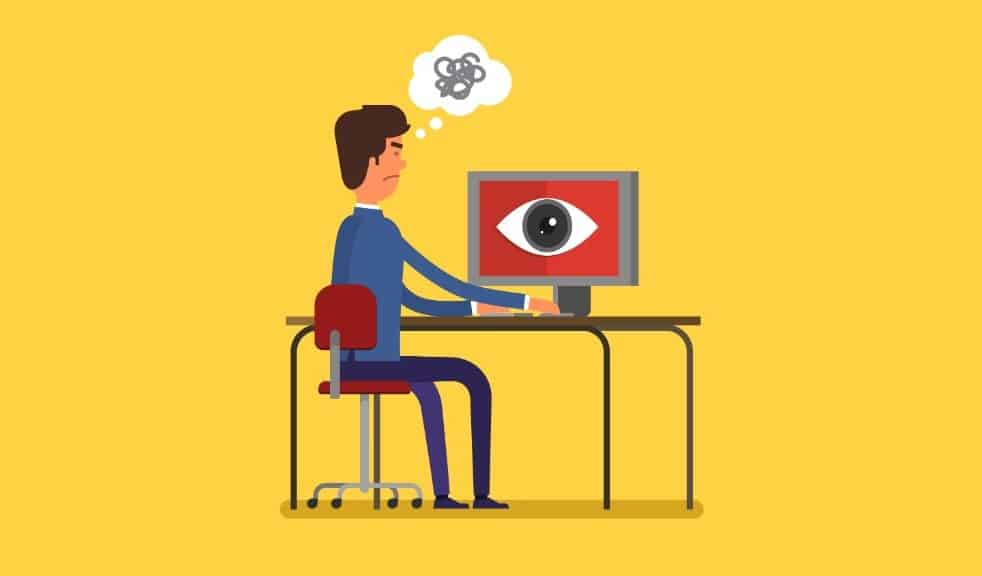
Online privacy refers to the control an individual has over their personal information while using the internet. It encompasses the ability to determine what information is shared, who has access to it, and how it is used. This includes safeguarding sensitive data such as financial details, social security numbers, and personal emails.
As individuals browse websites, use social media platforms, and engage in online transactions, they often unknowingly leave behind a digital footprint. This trail of personal information can be collected, analyzed, and sold by various third party apps and parties without their consent.
With the increasing reliance on technology and the internet in our daily lives, understanding online privacy is crucial. It is not just about protecting ourselves from cybercriminals, but also about maintaining control over our personal information and ensuring that it is used in ways that align with our preferences and values.
One aspect of online privacy that is often overlooked is the importance of encryption. Encryption is a method of encoding data to make it unreadable to anyone who does not have the decryption key. It plays a vital role in protecting sensitive information, such as passwords and credit card details, during online transactions. Without encryption, our personal data would be vulnerable to interception by hackers.
What is Online Privacy?
Online privacy encompasses both the security and confidentiality of personal information. It involves protecting data from unauthorized access and ensuring that individuals have control over how their information is used.
One way to enhance online privacy is by being mindful of the information we share online. It is essential to think twice before posting personal details on social media platforms or providing sensitive information on websites that may not have robust security measures in place. By being cautious about what we share, we can reduce the risk of our information falling into the wrong hands.
Another aspect of online privacy is the use of virtual private networks (VPNs). A VPN creates a secure connection between a user’s device and the internet, encrypting all data transmitted through it. This helps to protect privacy by masking the user’s IP address and making it difficult for anyone to track their online activities.
Why is Online Privacy Important?
Online privacy is important for several reasons. Firstly, the misuse of personal information can lead to identity theft, financial fraud, and even reputational damage. Cybercriminals can use stolen information to impersonate individuals, gain unauthorized access to their accounts, and carry out fraudulent activities.
Secondly, individuals should have the right to maintain confidentiality and control over their information. In an increasingly interconnected world, where personal data is constantly being collected and analyzed, it is crucial that individuals have a say in how their information is used. This includes being able to opt out of data collection practices that they are uncomfortable with and having the ability to delete their data if desired.
Lastly, being aware of and taking steps to protect online privacy helps to preserve trust in the digital world. When individuals feel that their personal information is being handled responsibly and ethically, they are more likely to engage in online activities and transactions with confidence. This trust is essential for the growth and development of the digital economy.
In conclusion, understanding online privacy is essential in today’s digital age. It involves being aware of the risks associated with sharing personal information online and taking proactive measures to protect our privacy. By staying informed and adopting good privacy practices, we can navigate the online world with confidence and peace of mind.
Assessing Your Online Privacy Risks
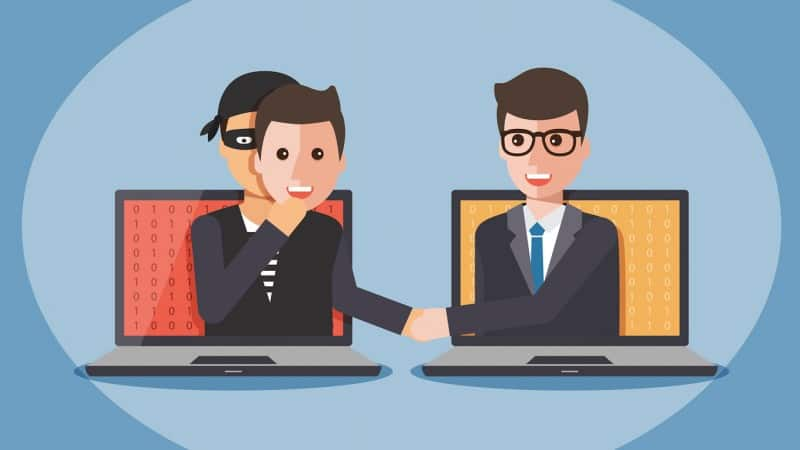
In an era where our lives are increasingly intertwined with the digital realm, safeguarding our online privacy has become paramount. From personal communications to financial transactions, our activities leave behind a trail of digital footprints that can be exploited by malicious actors if online footprint is not properly protected. This article aims to provide you with a detailed framework for assessing and mitigating your online privacy risks.
Identifying Personal Information Online
Your online presence is more pervasive than you may realize. Start by identifying the various types of personal information you expose while navigating the web. This includes your full name, address, phone number, email address, social security number, and any other sensitive data that could be used to identify or target you.
Digital Footprint Analysis
Perform a thorough audit of your digital footprint across different platforms and services. Consider your interactions on social media, online shopping habits, use of search engines, and the extent of personal information shared through various mobile devices and online accounts.
Data Collection Awareness
Be mindful of how websites and apps collect and utilize your data. Understand the implications of providing personal information to third-party services and the potential risks associated with data breaches and unauthorized access.
Evaluating Your Online Activities
Once you’ve identified the extent of your online presence, it’s crucial to assess your behaviors and habits that may compromise your privacy.
Secure Internet Connections
Ensure that your internet connection is secure, especially when accessing sensitive information or making online transactions. Consider using a virtual private network (VPN) to encrypt your data and protect your browsing activity from prying eyes, including your internet service provider (ISP).
Safe Online Practices
Practice caution when engaging in online activities such as shopping, banking, or communicating. Verify the legitimacy of websites and apps before sharing personal information, and avoid using public Wi-Fi networks for sensitive transactions.
Password Management
Implement strong password practices to secure your online accounts. Use unique, complex passwords for each account, enable two-factor authentication whenever possible post online,, and consider using a password manager to securely store and manage your credentials.
Understanding Privacy Policies of Websites and Apps
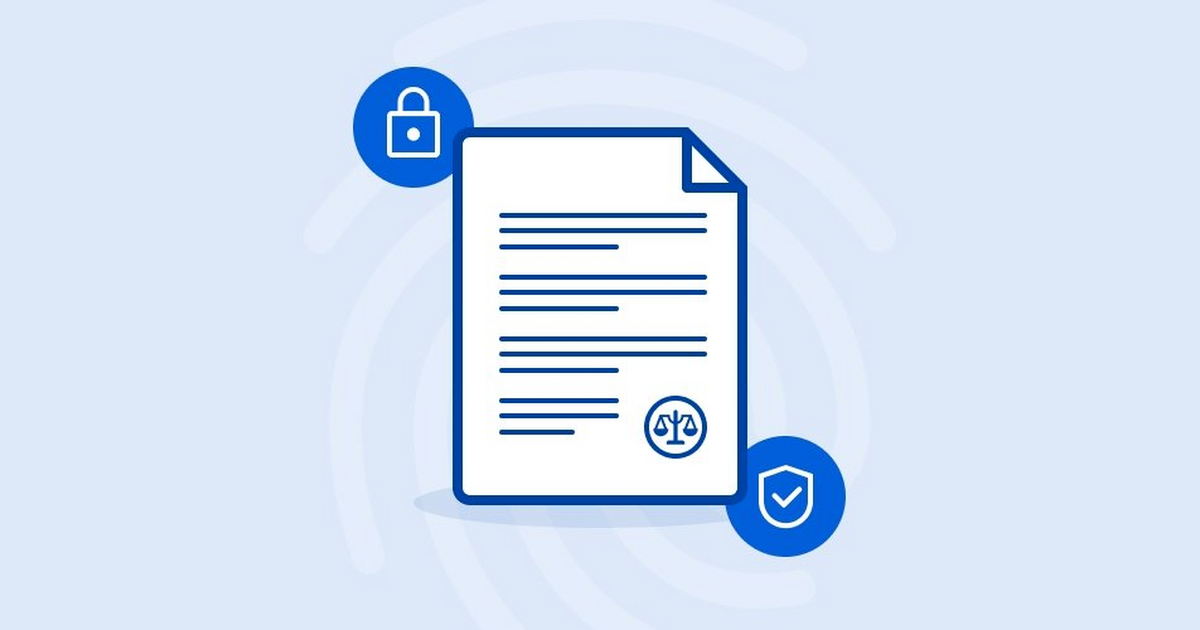
In an increasingly interconnected digital ecosystem, understanding the privacy policies of websites and apps is crucial for making informed decisions about your online interactions.
Privacy Policy Review
Take the time to review the privacy policies of websites and apps before using their services or sharing personal information. Pay attention to how your data will be collected, stored, and shared, and consider the implications for your online privacy.
Data Protection Measures
Look for services that prioritize data protection measures and security settings such as end-to-end encryption, secure transmission protocols, and robust security measures against data breaches and malicious attacks.
Opting Out and Data Control
Exercise your rights to opt out of data collection and control how your personal information is used. Many websites and apps offer settings and preferences that allow you to manage your privacy preferences and limit the amount of data collected about you.
By taking proactive steps to assess and mitigate your online privacy risks, you can protect yourself against identity theft, financial fraud, and other potential threats to your personal information. Stay informed, stay vigilant, and prioritize your online privacy protection in an increasingly digital world.
The Threats of Identity Theft to Your Online Privacy
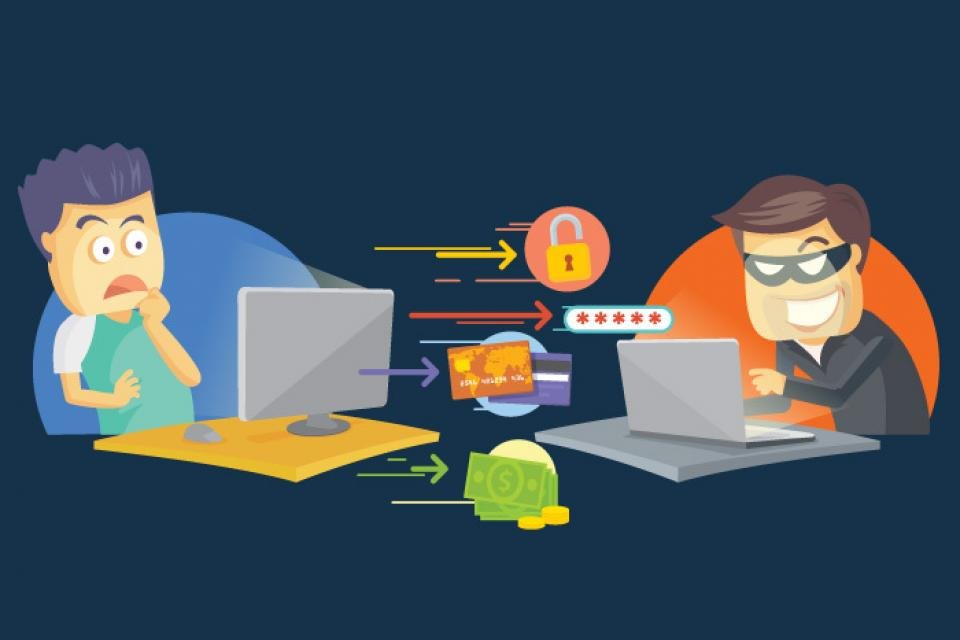
When surfing the web, numerous threats can compromise your online privacy. Understanding these threats is crucial to developing effective internet privacy protection strategies.
As technology advances, so do the risks associated with online privacy. One of the most prevalent threats is data breaches, where unauthorized individuals gain access to databases containing personal information. These breaches can occur due to weak security measures, human error, or sophisticated hacking techniques. Once hackers gain access to personal data, they can sell it on the dark web or use it for malicious purposes.
Additionally, malicious software such as viruses, spyware, and ransomware can infect devices, enabling hackers to monitor or steal sensitive data. Viruses are programs designed to replicate and spread, often causing damage to computer systems. Spyware, on the other hand, is a type of software that secretly collects information about a user’s online activities. Ransomware, a growing threat, encrypts files on a victim’s device and demands a ransom for their release.
Phishing scams are another common threat, where scammers attempt to trick individuals into revealing personal information by pretending to be a trustworthy entity. These scams often come in the form of emails, text messages, or phone calls that appear legitimate. The scammers use various tactics to create a sense of urgency or fear, enticing unsuspecting victims to disclose sensitive data such as passwords or credit card information.
Social engineering, in which hackers manipulate users into providing sensitive information willingly, is also on the rise. This technique relies on psychological manipulation and exploiting human vulnerabilities. Hackers may impersonate trusted individuals or use social media platforms to gather personal information about their targets. With this information, they can deceive individuals into sharing confidential data or performing actions that compromise their privacy.
The Consequences of Privacy Breaches
The consequences of privacy breaches can be severe. Identity theft, financial losses, and damage to one’s reputation are among the potential outcomes. A single privacy lapse can have far-reaching ramifications, impacting various aspects of an individual’s personal and professional life.
Identity theft is a significant concern resulting from privacy breaches. When personal information falls into the wrong hands, criminals can assume someone’s identity, opening credit accounts, making fraudulent purchases, or committing other illegal activities. Victims of identity theft often face a long and arduous process of reclaiming their identity and rectifying the damage caused.
Financial losses are another consequence of privacy breaches. Hackers can gain access to bank accounts, credit card information, or other financial data, leading to unauthorized transactions and drained funds. Victims may find themselves dealing with the aftermath of fraudulent charges, disputing transactions, and struggling to recover their stolen money.
Furthermore, privacy breaches and data leaks can result in damage to one’s reputation. Personal information exposed in a data breach can be used to tarnish an individual’s image or blackmail them. Embarrassing or compromising information can be leaked, causing emotional distress and impacting personal relationships or professional opportunities.
It is essential to recognize the severity of online privacy threats and take proactive measures to protect oneself. Implementing strong passwords, regularly updating software, being cautious of suspicious emails or messages, and using encryption tools are some of the steps individuals can take to safeguard their online privacy.
Basic Principles of Privacy Online Protection
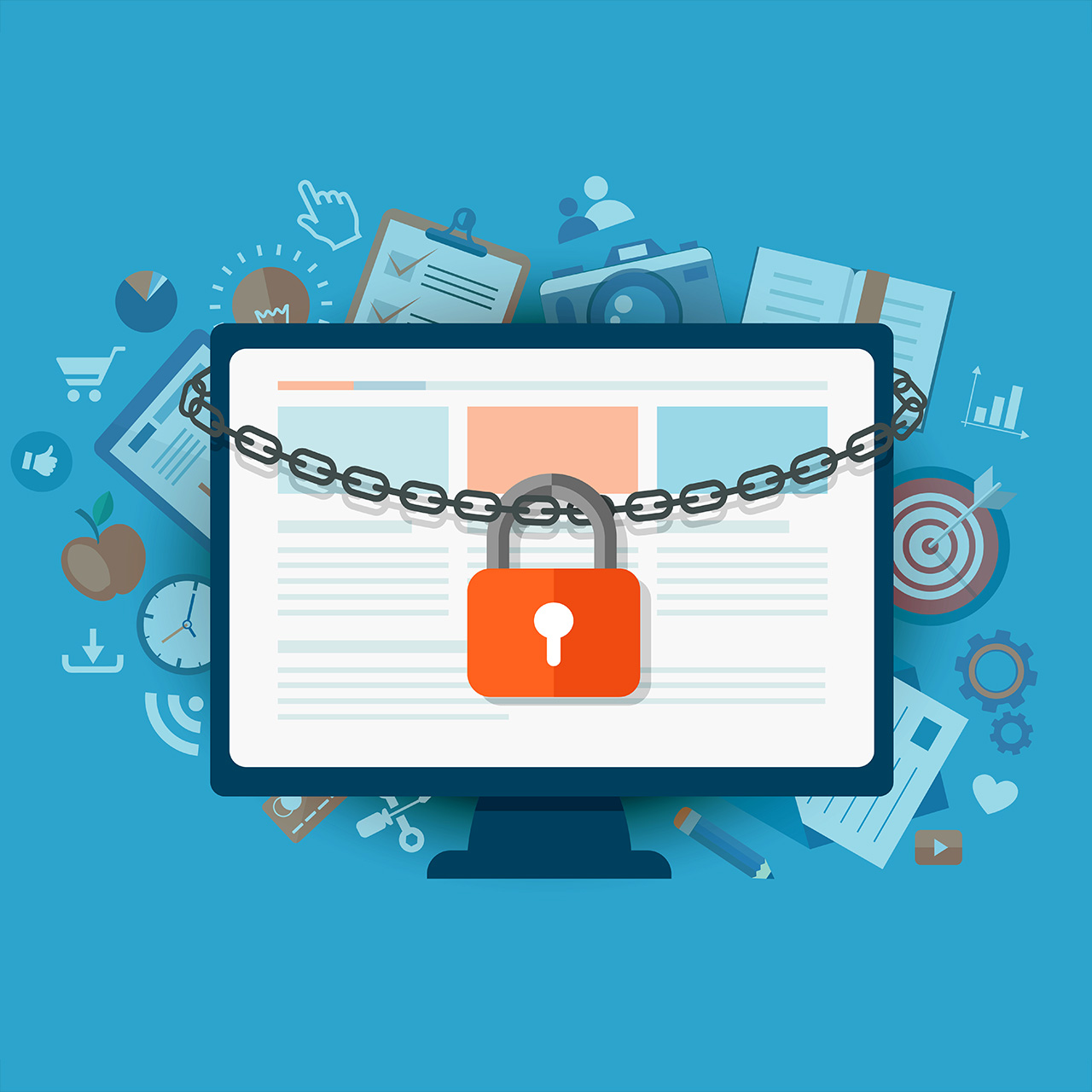
To safeguard your privacy online, it is crucial to understand and implement basic privacy protection principles. This section will cover two key aspects of digital security: cookies and trackers, and the role of Virtual Private Networks (VPNs).
Understanding Cookies and Trackers
Cookies are small pieces of data stored on a user’s device by websites they visit. While some cookies on multiple websites are harmless and improve website functionality, others can be used to track users’ online activities across multiple sites. It is essential to regularly clear cookies and adjust browser settings to limit their usage.
Did you know that cookies can be categorized into different types? There are session cookies that are temporary and are deleted once you close your browser. Persistent cookies, on the other hand, remain on your device even after you close your browser. These cookies can be used to remember your preferences and settings for future visits to a website.
Trackers, on the other hand, are scripts embedded in websites or advertisements that collect data about users’ browsing habits. They can track the pages you visit, the links you click, and even the time you spend on each page. Using privacy-focused browser extensions that block trackers can help prevent unauthorized data collection.
Have you ever wondered how websites show you personalized ads? Well, it’s often because of trackers. These trackers collect information about your online behavior and interests, allowing advertisers to target you with relevant ads. By blocking trackers, you can maintain a certain level of anonymity and reduce the amount of targeted advertising you see.
The Role of a Virtual Private Network in Privacy Protection
A VPN is a technology that creates a secure and encrypted connection between a user’s device and the internet. By routing internet traffic through remote servers, VPNs help protect online privacy by hiding users’ IP addresses and encrypting their data.
When you connect to a VPN, your internet traffic is encrypted, making it difficult for anyone to intercept and decipher your data. This is especially important when you’re using public Wi-Fi networks, as these networks are often unsecured and vulnerable to eavesdropping. With a VPN, you can browse the internet with peace of mind, knowing that your sensitive information remains secure.
It’s worth noting that not all VPNs are created equal. Some VPN providers may log your online activities, defeating the purpose of using a VPN for privacy protection. It is advisable to choose reputable VPN services that have a strict no-logs policy. Additionally, regularly updating your VPN software ensures that you have the latest security features and bug fixes for enhanced privacy protection.
Did you know that VPNs can also help you bypass geographical restrictions? By connecting to a VPN server located in a different country, you can access content and online services that may be blocked or restricted in your region. This can be particularly useful when you want to watch streaming services or access websites that are not available in your country.
Protecting Your Financial Information: Safeguarding Your Economic Security Online

In today’s digital age, safeguarding your financial information is crucial to maintaining your economic security and protecting yourself against the ever-looming threat of financial fraud and identity theft. This article delves into essential practices to ensure the protection of your financial data while navigating the online landscape.
Using Secure Payment Methods
When making online transactions, employing secure payment methods is paramount to shield your financial information from potential threats.
Utilize trusted payment gateways that offer end-to-end encryption, ensuring that your sensitive data remains encrypted during transmission.
Consider using virtual credit cards or digital wallets, which add an extra layer of security by masking your actual payment details during online purchases.
Enable two-factor authentication for payment accounts whenever possible, adding an additional barrier against unauthorized access.
Avoiding Sharing Financial Information on Unsecured Websites
One of the fundamental principles of online data privacy protection is to refrain from sharing financial information on unsecured websites, where your data could be vulnerable to interception by malicious actors.
Always verify the security protocols of websites before entering any financial information. Look for indicators such as HTTPS encryption and secure payment gateways.
Avoid entering sensitive financial details on websites that lack proper security measures, such as unencrypted connections or dubious URLs.
Exercise caution when prompted to enter financial information on unfamiliar websites or through unsolicited emails or pop-ups, as these could be phishing attempts aimed at stealing your data.
Monitoring Bank and Credit Card Statements
Vigilant monitoring of your bank and credit card statements is an essential practice in detecting and mitigating unauthorized transactions and potential instances of financial fraud.
Regularly review your account statements for any unfamiliar or suspicious transactions, no matter how small, and report them to your financial institution immediately.
Set up account alerts or notifications for unusual activity, such as large withdrawals or purchases, to receive real-time alerts of potential security breaches.
Consider using credit monitoring services that offer ongoing surveillance of your credit report for any irregularities or signs of identity theft.
By implementing these proactive measures, you can fortify the protection of your financial information and mitigate the risks associated with online transactions. Stay informed, stay vigilant, and prioritize the security of your economic well-being in an increasingly digital world.
In conclusion, understanding and implementing basic privacy protection principles is essential in today’s digital age. By being aware of cookies and trackers, and utilizing VPNs, you can take proactive steps to safeguard your online privacy and protect your personal information from unauthorized access.
